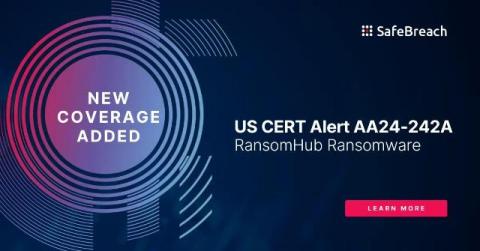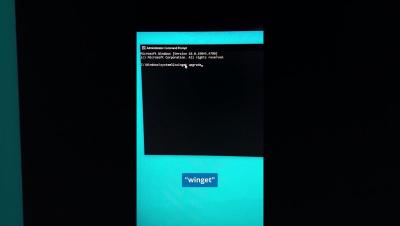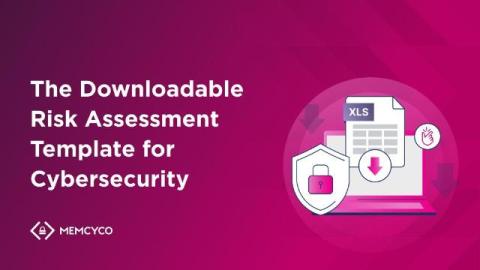How CISO as a Service can Improve Your Security Posture and Reduce Costs
Cybersecurity is a critical and complex challenge for every business in today’s digital world. However, not every business has the resources, expertise, or time to manage its security effectively and efficiently. That’s where CISO as a Service comes in. CISO as a Service is a flexible and scalable solution that provides you with access to a dedicated and experienced Chief Information Security Officer (CISO) and their team of security professionals.











